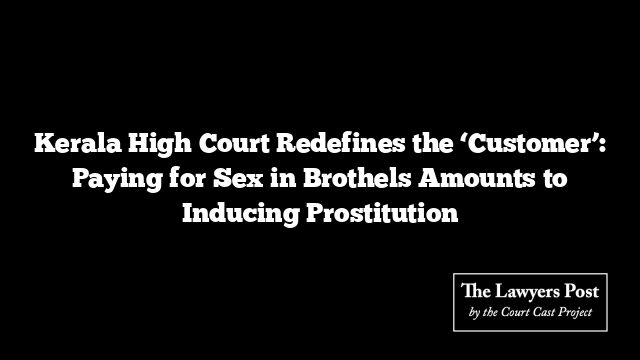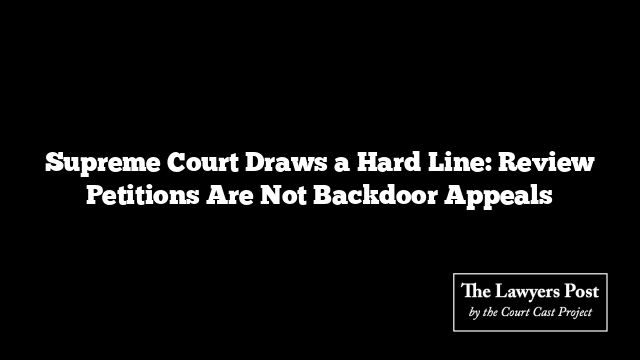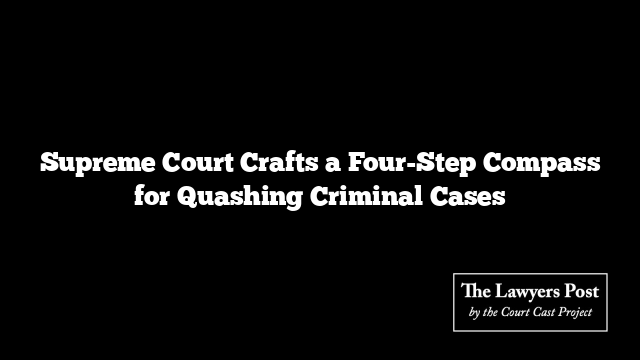In a sharp departure from the idea that paying clients are passive participants, the Kerala High Court has ruled that individuals who purchase sexual services in brothels can be prosecuted under the Immoral Traffic (Prevention) Act, 1956.
Justice VG Arun made it clear that sex workers are not commodities to be bought or sold, and those paying for such services are not “customers” but active facilitators of exploitation.
“To call them customers would be to reduce sex workers to products,” the Court observed, underlining that many are drawn into the trade through coercion, trafficking, or dire circumstances. Money exchanged in such cases, the Court said, becomes an inducement forcing them to submit, with the larger share often pocketed by brothel operators.
The ruling arose from a 2021 case in Thiruvananthapuram, where police raided a building and discovered multiple individuals engaged in commercial sex activities. While the operators faced charges for running the brothel and profiteering, one man argued he was merely a customer availing a service.
That defense failed to convince the Court. While the charges for running or living off prostitution were dropped against him, the Court held that prosecution under Section 5(1)(d) (inducing prostitution) and Section 7 (prostitution in public places) would stand.
The decision draws a clear line: payment in a brothel is not a simple transaction—it is an act of inducement that perpetuates human trafficking and exploitation. By reframing the role of the so-called “customer,” the Court has shifted legal accountability from the exploited to the exploiters.





